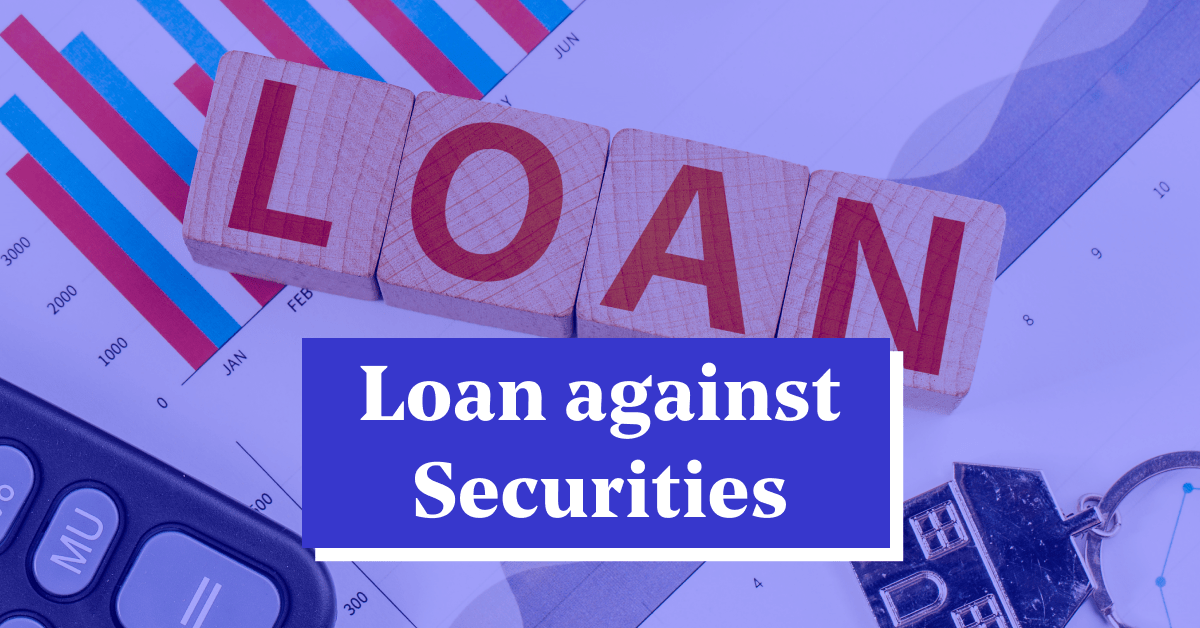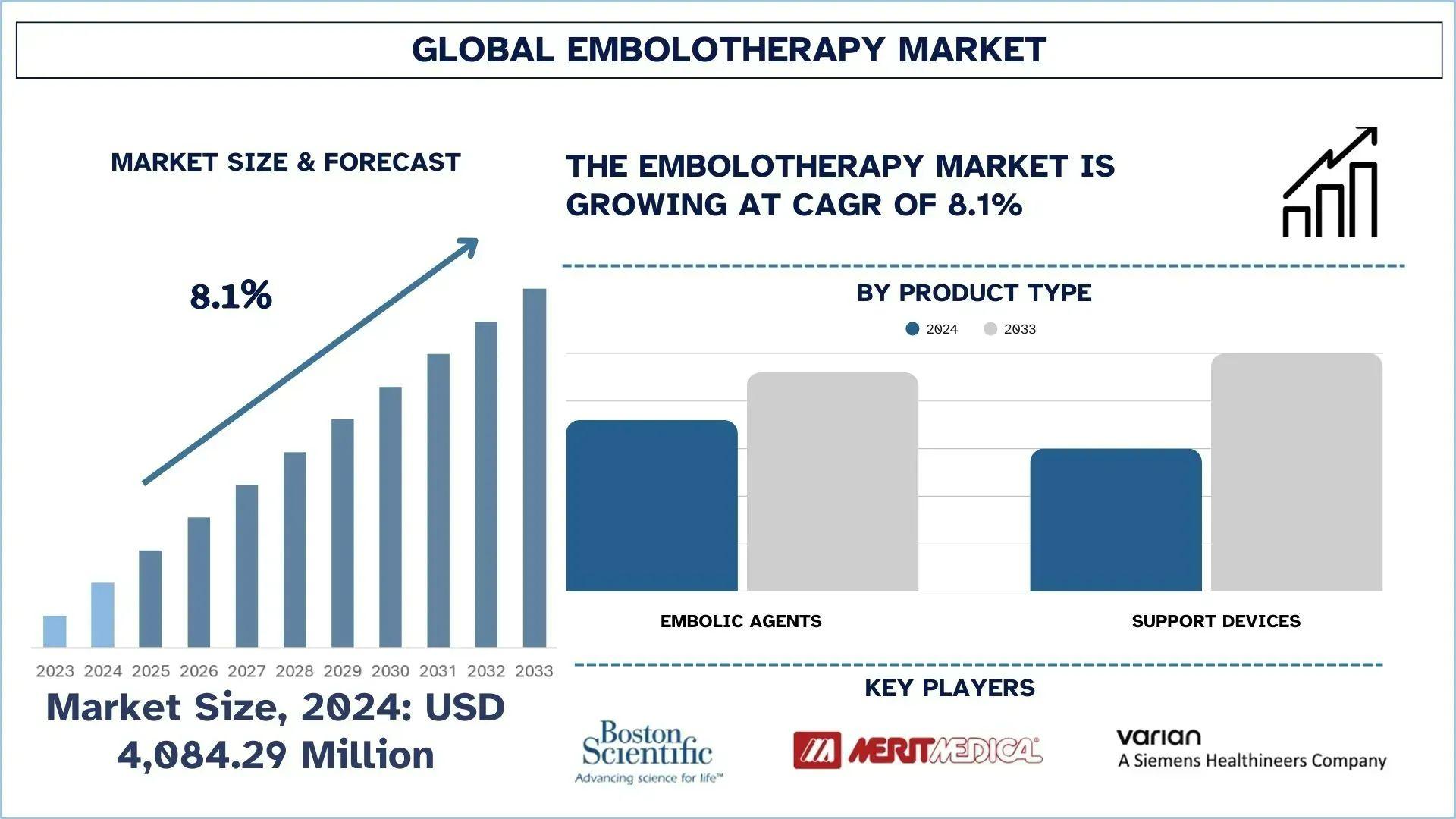How Much Loan Against Securities Interest Rates in India?

Loan Against Securities (LAS) has emerged as a flexible borrowing option for individuals looking to meet short-term cash requirements without liquidating their investments. Whether you need funds for a medical emergency, business expansion, or personal expenses, LAS can be a smart choice. One of the key considerations when opting for such a loan is the interest rate — and in India, LAS interest rates vary based on several factors.
Let’s dive into the current trends and understand how much interest you may pay when taking a loan against securities in India.
📌 What Is a Loan Against Securities?
A Loan Against Securities is a type of secured loan where the borrower pledges financial assets — such as shares, mutual funds, bonds, or insurance policies — as collateral to obtain funds from a lender. The borrower continues to earn returns or dividends on the securities while using the loan amount.
The loan is typically offered as an overdraft facility, allowing you to withdraw funds as needed, and pay interest only on the utilized amount.
💸 Current Interest Rates in India (2025 Estimates)
As of mid-2025, the interest rates for LAS in India typically range between 9% and 13.5% per annum, depending on the type of security and the lender. Below is a breakdown of rates by common types of securities:
|
Type of Security |
Interest Rate Range |
|
Equity Shares |
10% – 13.5% |
|
Mutual Funds (Equity) |
10% – 13% |
|
Mutual Funds (Debt) |
9% – 11.5% |
|
Fixed Deposits (FDs) |
8.5% – 10% |
|
Government Bonds |
8.5% – 9.5% |
|
Insurance Policies |
9% – 11% |
Note: These rates are indicative and can vary between banks, NBFCs, and fintech lenders.
🏦 Top Lenders Offering LAS and Their Rates
Here are a few major institutions and their typical LAS offerings:
-
HDFC Bank: Interest rates from 9.5% – 11.5%; offers loans against shares, MFs, bonds.
-
ICICI Bank: Offers LAS at 9% – 12.5% depending on the portfolio and borrower profile.
-
Axis Bank: Starts at around 10%; flexible overdraft limits based on securities pledged.
-
Bajaj Finance: Offers loans against shares and MFs, with rates ranging between 10.5% and 13.5%.
Some fintech platforms also partner with NBFCs to offer faster processing, but often at slightly higher interest rates (11–14%).
🎯 Factors That Affect LAS Interest Rates
Several factors can impact the interest rate you're offered:
-
Type of Security: Safer instruments like FDs and government bonds attract lower rates, while equity shares and MFs are considered riskier and priced higher.
-
Loan Amount and Tenure: Larger loan amounts or longer tenure may attract better rates due to higher ticket size.
-
Credit Score: A higher credit score (700+) improves your eligibility for lower interest.
-
Lender's Policy: Interest rates differ based on the lender’s internal risk assessment and repo rate movements.
-
Market Volatility: If the market is volatile, lenders may charge a higher margin for loans against equities.
📝 Key Benefits of LAS
-
No need to sell long-term investments.
-
Quick disbursal and minimal documentation.
-
Continued ownership and benefits (dividends, interest).
-
Pay interest only on the utilized amount (for overdraft LAS).
🚨 Caution: Risks Involved
While LAS offers liquidity, borrowers should be cautious. If the value of pledged securities falls significantly, lenders may issue a margin call, requiring you to deposit more securities or repay part of the loan. Failure to do so may result in forced sale of your assets.
✅ Final Thoughts
A Loan Against Securities is a powerful tool for leveraging your investment portfolio without disrupting your long-term wealth plans. However, it's crucial to compare interest rates across lenders, understand the terms, and evaluate the associated risks before proceeding.
As of 2025, interest rates for LAS in India are relatively competitive, especially when compared to personal loans or credit cards. If used responsibly, LAS can be an efficient and low-cost borrowing option.







